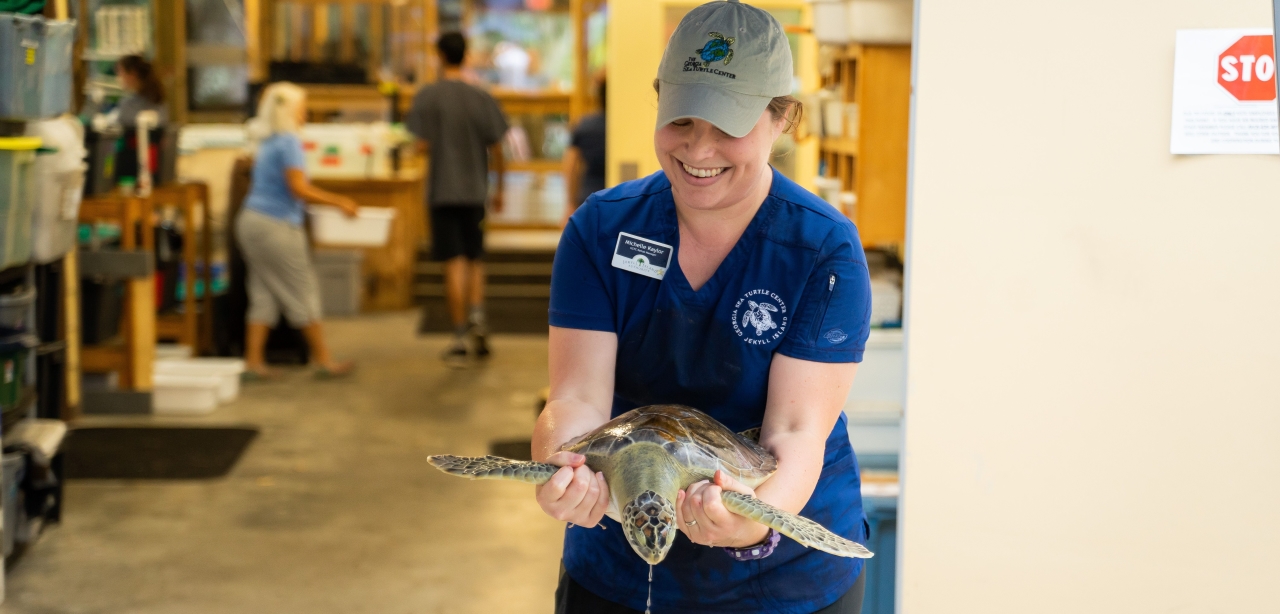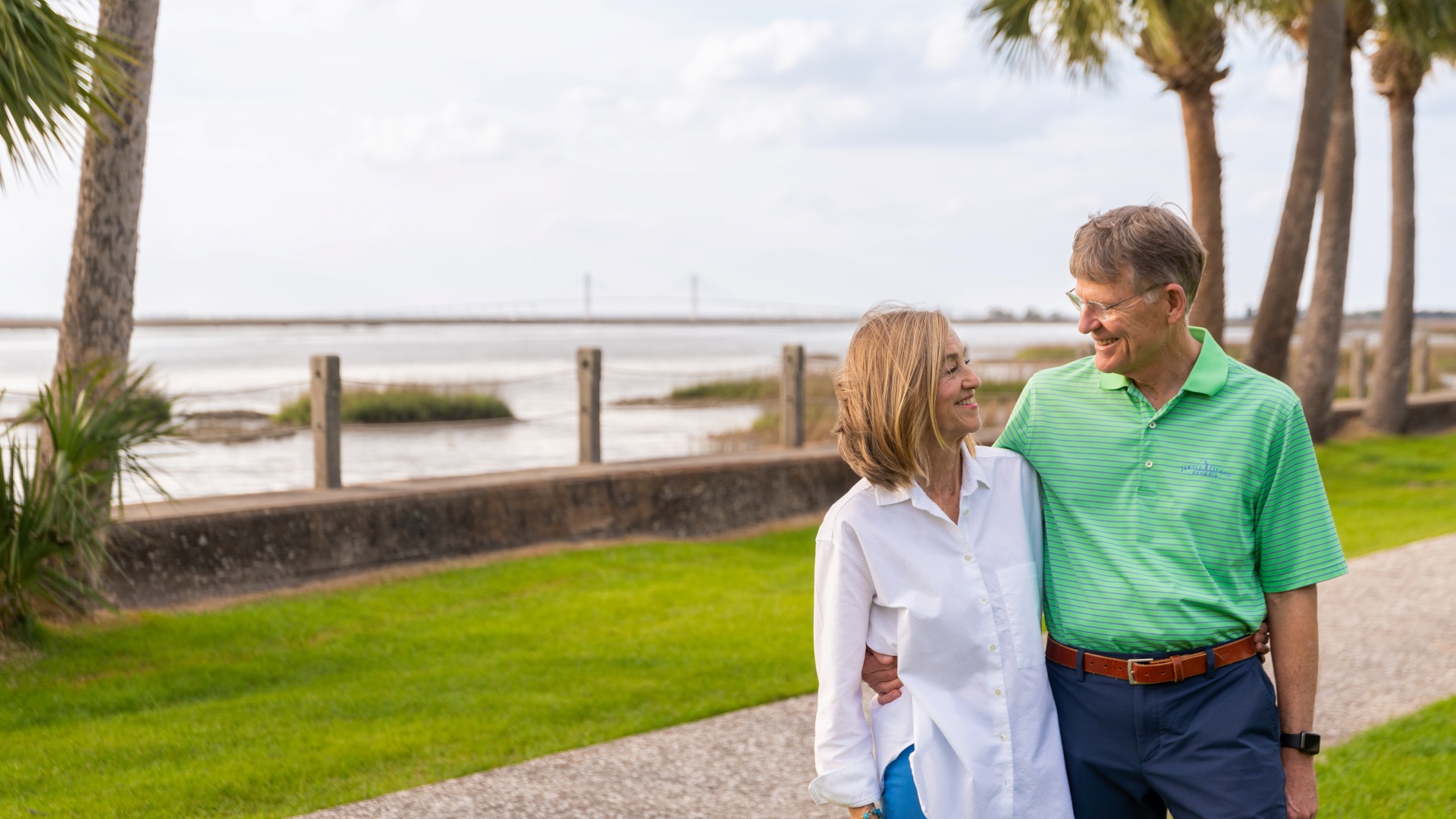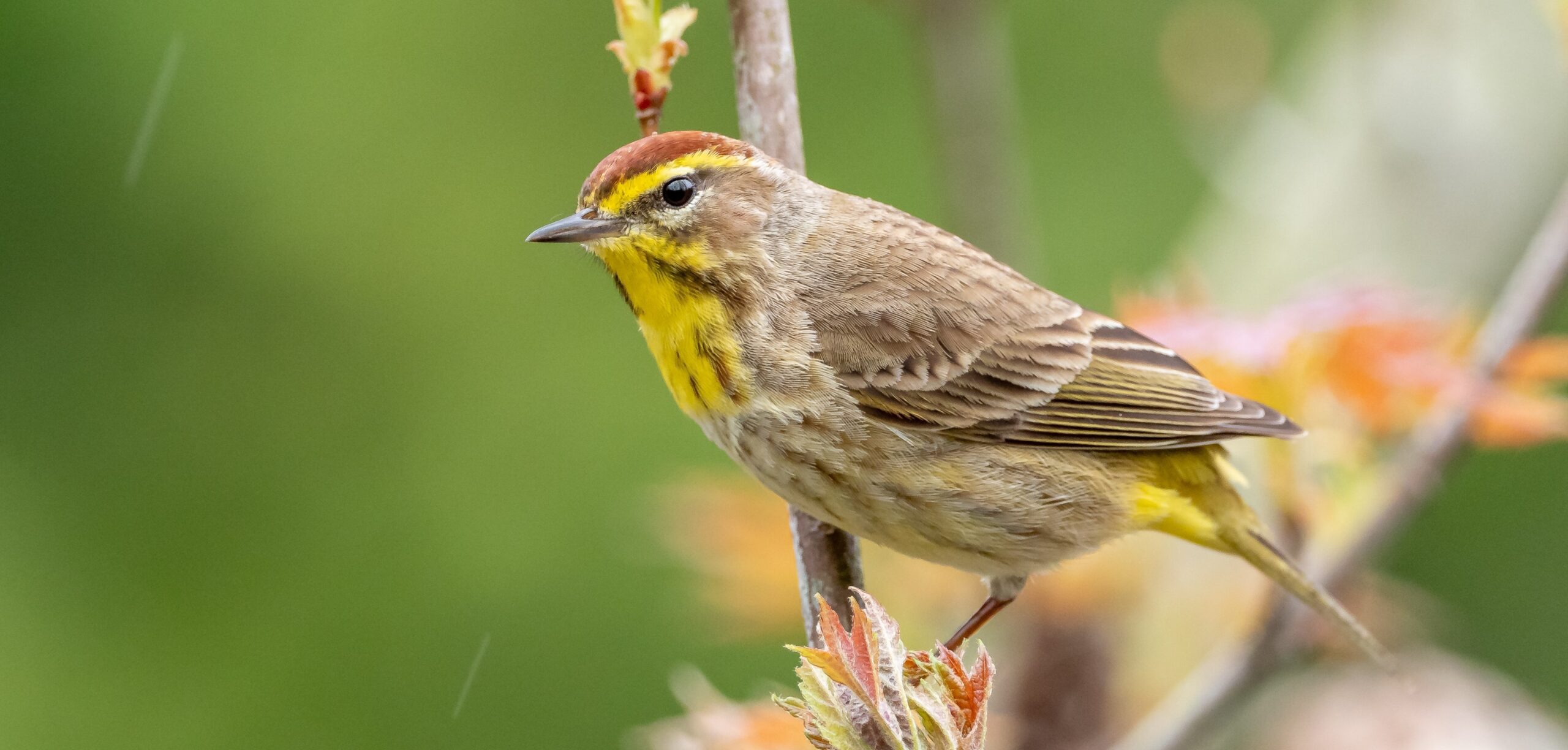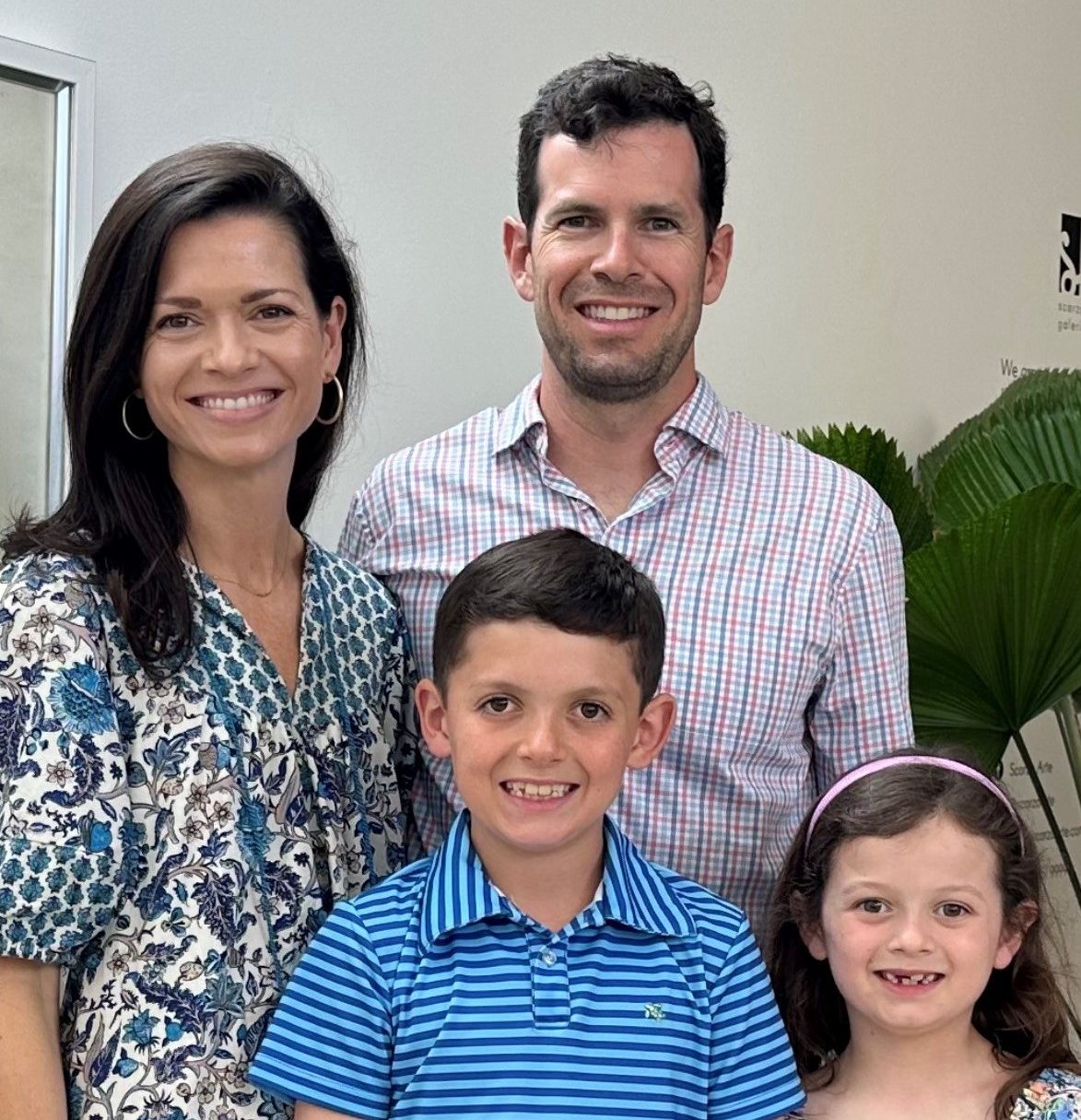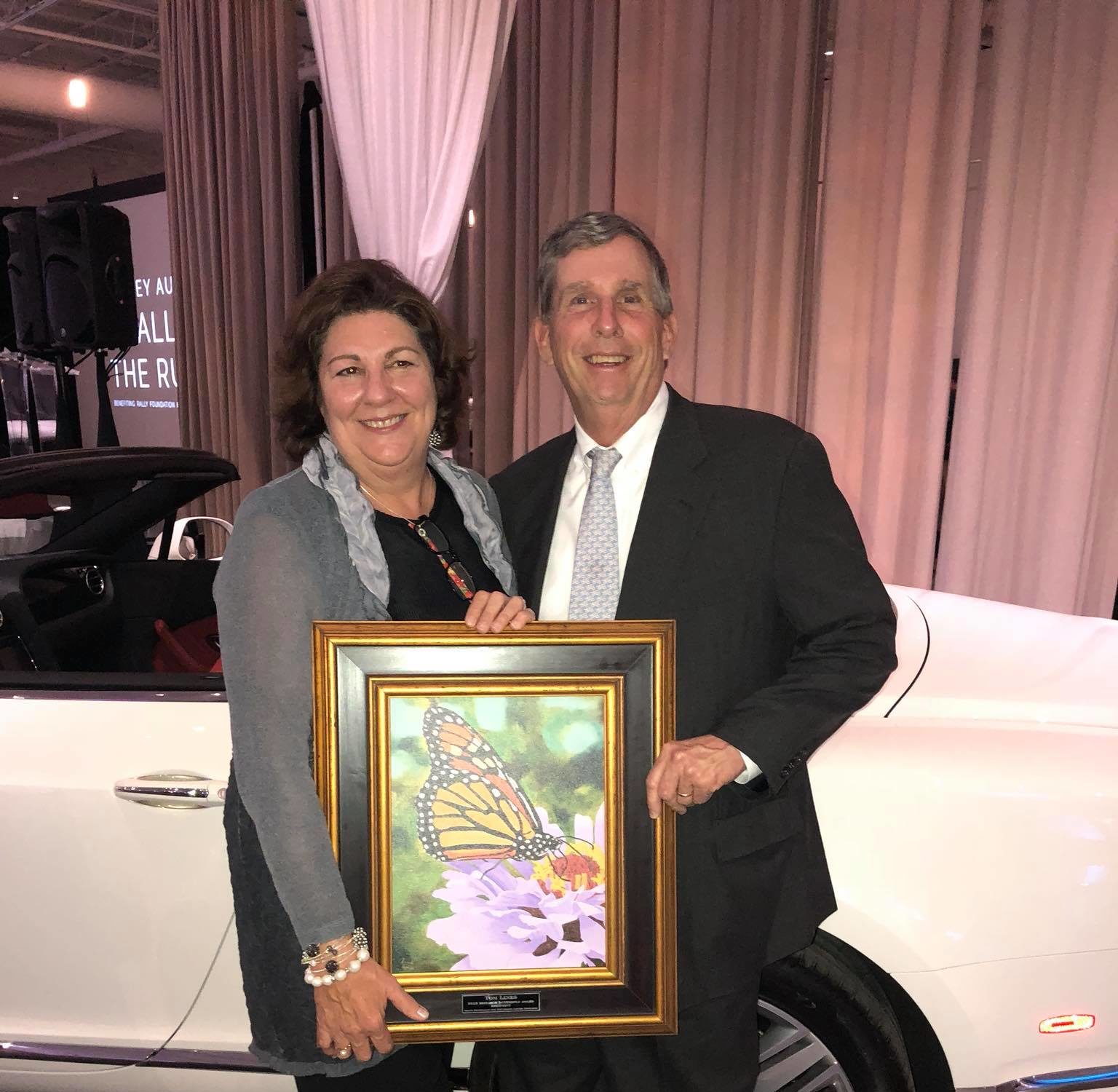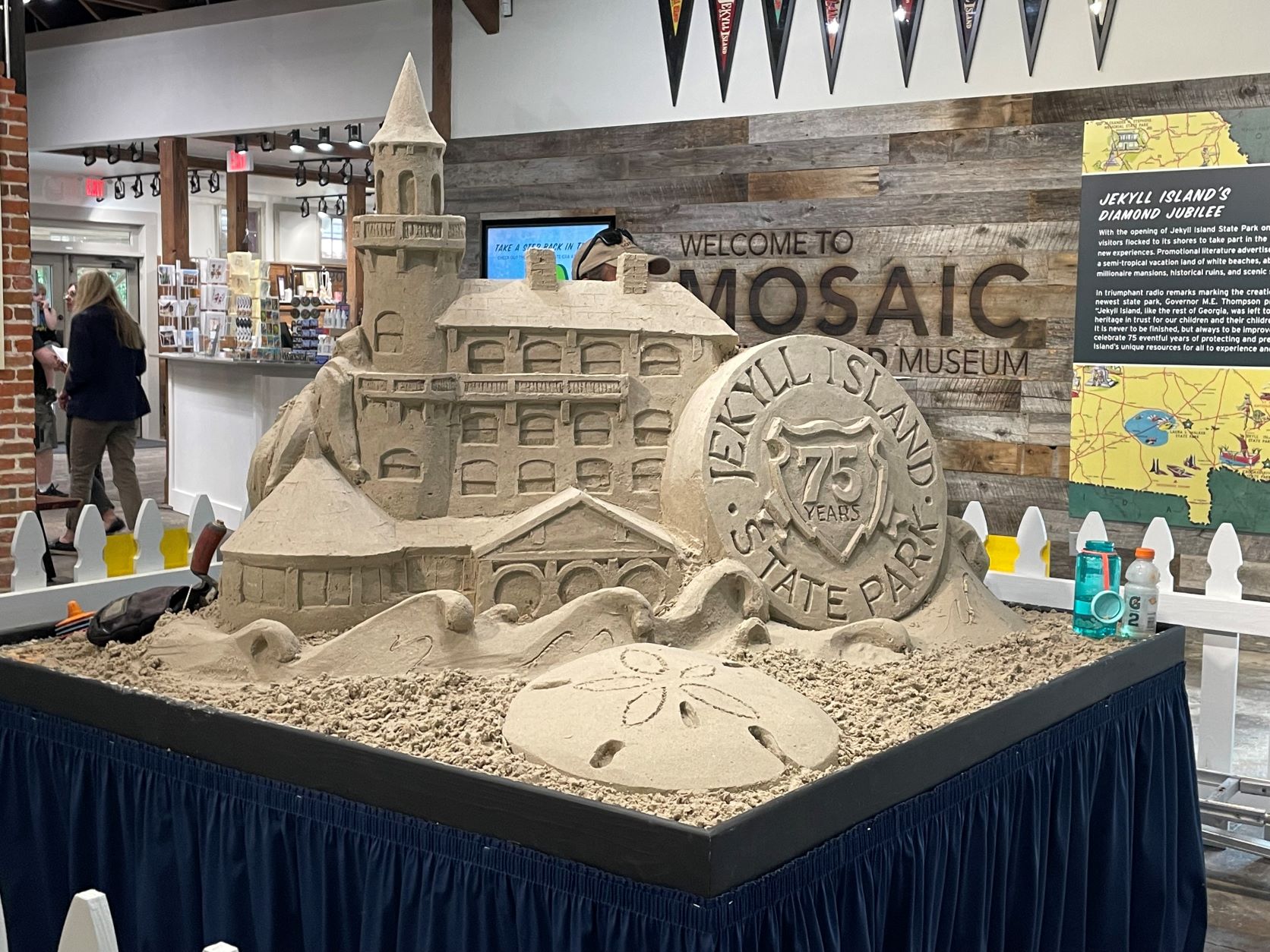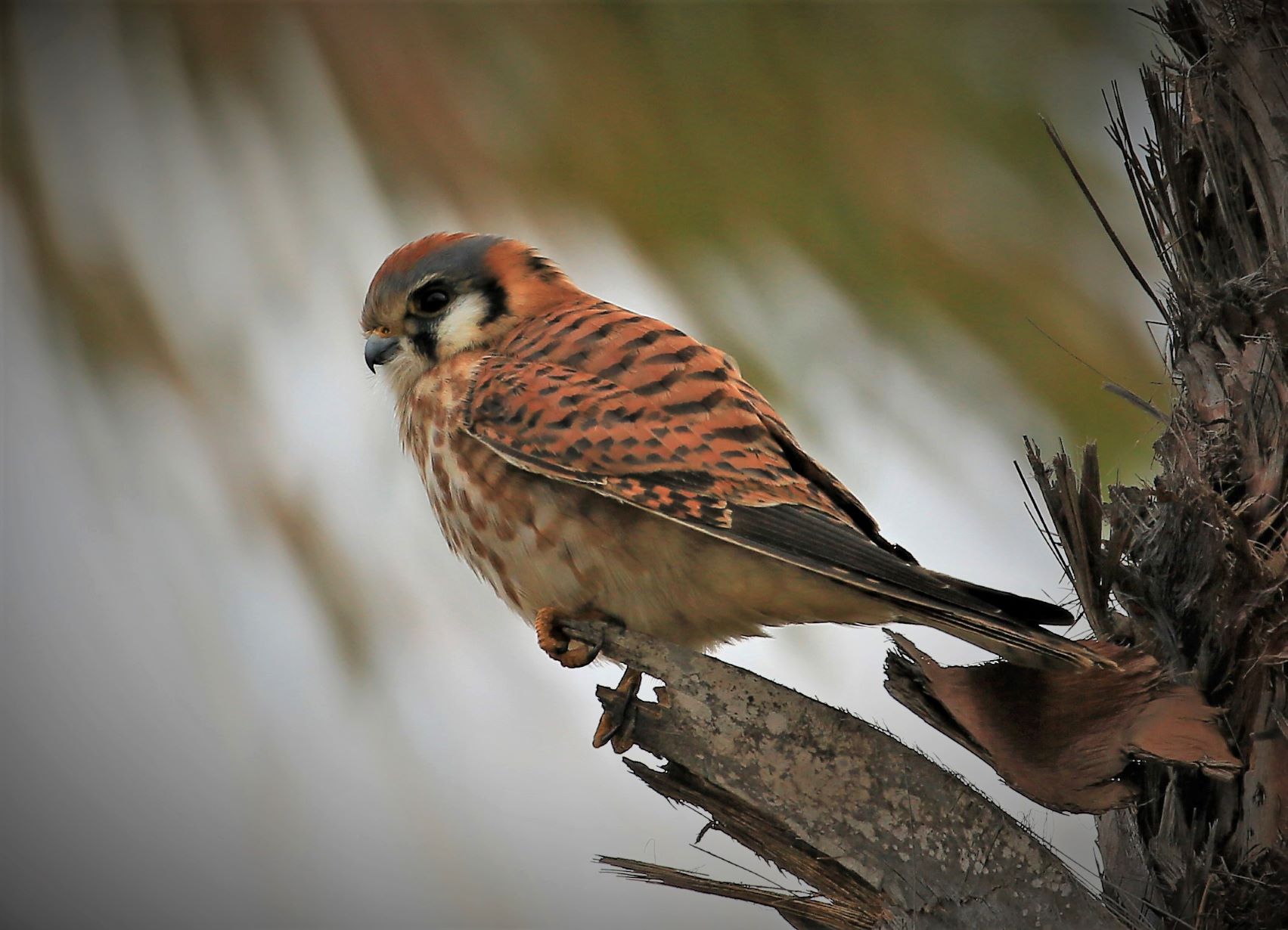History and a Hole-in-One: Jekyll Island Foundation Director J.J. Singh Details Drive for Preserving Jekyll Island’s Charm
Imagine a serene setting, paired with calming beach breezes, rays of island sunshine warming you just so, and then – score. A hole-in-one! Sounds perfect, doesn’t it?
The hole-in-one may not happen every time, or nearly as often as golfers hope, but the dream of making that superb shot always lingers in heads and hearts of Jekyll Island’s avid golfing community.
While he may or may not always nab that last picture-perfect moment on the links, the dream is always there for Jekyll Island Foundation (JIF) Board Director J.J. Singh, even when merely daydreaming about it back at his home in Virginia.
“The perfect day (spent on Jekyll Island) looks like 18 holes on Pine Lakes,” Singh said, adding that, thanks to the toasty temps found in his island paradise, such a perfect day is ideally “followed by the pool.”
Singh has spent plenty of time on Jekyll Island. As President of Retreat Hotels & Resorts, where he and his team have developed and operate full-service hotels, his company has provided asset management services for 747 hotel keys on Jekyll, which also includes the newly completed Courtyard & Residence Inn by Marriott.
As part of the group which developed The Westin Jekyll Island, Singh said he is proud of the responsible renovations and rehabilitation completed in recent years. He also noted the Beach Village has been the most meaningful change and refreshed detail seen on the island in the past decade or more. Seeing the Jekyll Island Convention Center built responsibly and respectfully from the ground up within the serene setting of the beach-front acreage on the Island was, and remains, purely “monumental,” he said.
“The Convention Center, the retail component, and The Westin properties all perfectly complement each other,” he said.
These renovations have played together nicely to become driving forces behind why he opted to jump on the JIF Board in the first place. He wanted to serve the Island that has been so good to him.
“Public service is very important to me. As a proud former Peace Corps Volunteer, I’m of the firm belief that individuals and businesses have a duty to the communities in which they live and work. As a hotelier on the Island, we have had the great fortune of collaborating with the Jekyll Island Authority (JIA) and the JIF on many occasions. Joining the Board of the JIF was a great opportunity to serve the Island,” he said.
Retreat has focused on sustainability in its building design. In particular on Jekyll Island, Retreat has worked closely with the JIA to protect endangered sea turtles, adopt building practices that protect the delicate ecosystem from fine construction particles, and use alternative sources of energy such as solar power.
In his long-term vision, Singh and fellow JIF board members plan to continue seeking out funding opportunities that assist the JIA in its mission to keep the state park island pristine while continuing to renovate and renew it to amplify its beauty.
“The first time I visited, I stayed in Cherokee Cottage,” he said. “I remember the charm and majesty of the historic Jekyll Club hotel.” Fundraising to preserve that history is crucial to the JIF’s mission, Singh said.
In partnership with the Jekyll Island Authority, which oversees the management and daily operations of the Island, the 24-year-old Foundation was created to raise money for Island projects which may be otherwise out-of-reach within the Authority’s operating budget on its own. Managed by up to 25 individuals, all with diverse interests in and with ties to the Island, the Foundation remains focused on raising funds for Island conservation, preservation, and educational initiatives.
As he agreeably and aptly notes, the rare beauty found in the Island’s a little more than 5,500 acres can’t be found anywhere else.
“What makes Jekyll Island special is the harmony and the balance between economic growth and conservation,” he said. “Maintaining that balance is the key for the long-term sustainability of the Island.”
For more information about the Jekyll Island Foundation, visit jekyllislandfoundation.org.

